In a political career that lasted nearly four decades, Jaswant Singh could not be slotted into the category of a quintessential politician. Erudite, well-spoken and a man of dignity, Singh took pride in being a liberal democrat.
The man, having a definite way with words in his measured baritone voice, passed away quietly at the age of 82 after spending six years in a comatose state following a head injury in August, 2014. The year was particularly a troubled one for him as the BJP denied a Lok Sabha ticket of his choice from Barmer, his home constituency, in Rajasthan. The party’s decision saw the one-time soldier turn renegade as he fought his final electoral battle as an independent candidate, losing to Congress turncoat Sonaram Choudhary, fielded by the BJP.
His act of rebellion had led to his expulsion from the BJP, for the second and the last time. He was earlier expelled from the party in 2009 for views on founder of Pakistan in his book ‘Jinnah: India-Partition-Independence’. He rejoined after 10 months but could never regain the trust of the party at a time it saw the eclipse of his mentors Atal Bihari Vajpayee and L.K. Advani. Unequivocally vocal about his views, Singh could never endear himself to the Rashtriya Swayamsevak Sangh (RSS), the fountainhead of the saffron party. And he never even tried as he openly expressed his views on economic and social policies that were at variance with the RSS.
As yet as a non-RSS leader, he went on to serve the Vajpayee-led governments in various capacities as minister of finance, defence and external affairs. He even did a tenure as deputy chairperson of the Planning Commission. Singh would be particularly remembered for reorienting India’s foreign policy at the turn of the 21st century as India became a nuclear power. As the US imposed sanctions on India following the nuclear tests in 1998, Singh led the negotiations with then US deputy secretary of state Strobe Talbott, successfully steering the country through turbulent times.
However, he received flak for his decision to escort three terrorists to Kandahar in Afghanistan in exchange of 180 passengers and crew of hijacked Indian Airlines flight (IC 814) in December 1999. The swap marked one of the lowest points of the six-year long NDA rule but Singh is believed to have personally struggled with the decision of exchanging terrorists for passengers. He tackled the issue in his book ‘India at Risk: Mistakes, Misconceptions and Misadventures of Security Policy’, and mentioned he was torn between accepting the demands of the terrorists and rejecting them till he realized the national mood. He said he wouldn’t have done it any other way as no government has the right to let its people die. The decisions the governments have to make, he had stated, cannot be black and white. The decision was between bad and less bad.
In his personal life too, Singh never shied away from taking a stand for his beliefs and dignity. Weeks before his book on Jinnah was released in 2009, for which he was expelled from the party for the first time, he had circulated a note demanding a discussion on party’s defeat in Lok Sabha elections. However, nobody was willing to pay heed to the man, who had earned the sobriquet of Vajpayee’s Hanuman for the deep mutual respect and friendship they shared. The late prime minister himself had suffered a stroke in 2009, losing his cognitive abilities.
Singh’s son Manvendra, in an article in 2018, had written that only Advani visited him regularly and went away teary-eyed. Even though, Singh was no more a part of the BJP after his final expulsion in 2014, their friendship endured. As he passed away on September 27, amid tributes from Prime Minister Narendra Modi and other senior leaders, Singh would not have been impressed. “Let me only say that the graveyards of the world are full of those who thought they were indispensable to the nation. I am not indispensable,” Singh had said in March 1999 when the RSS is believed to have got his name knocked off from the original list of Vajpayee’s Cabinet ministers. He had repeated French statesman Charles de Gaulle’s quote once again in 2014 – this time in context of veneration of one individual by the BJP.








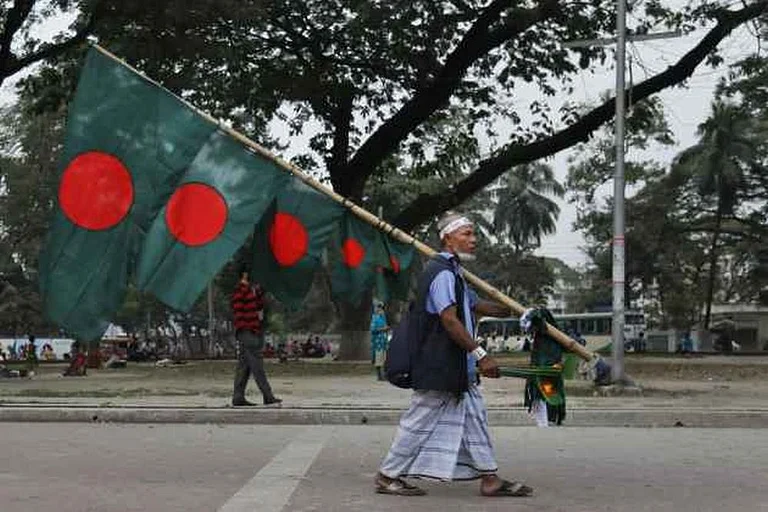

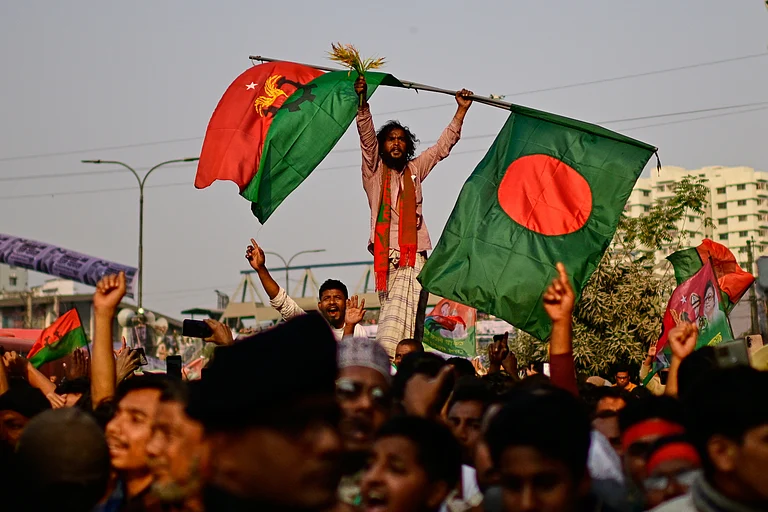







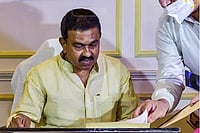
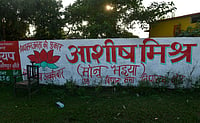
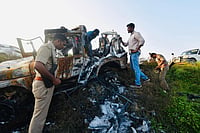
.jpg?w=200&auto=format%2Ccompress&fit=max)




